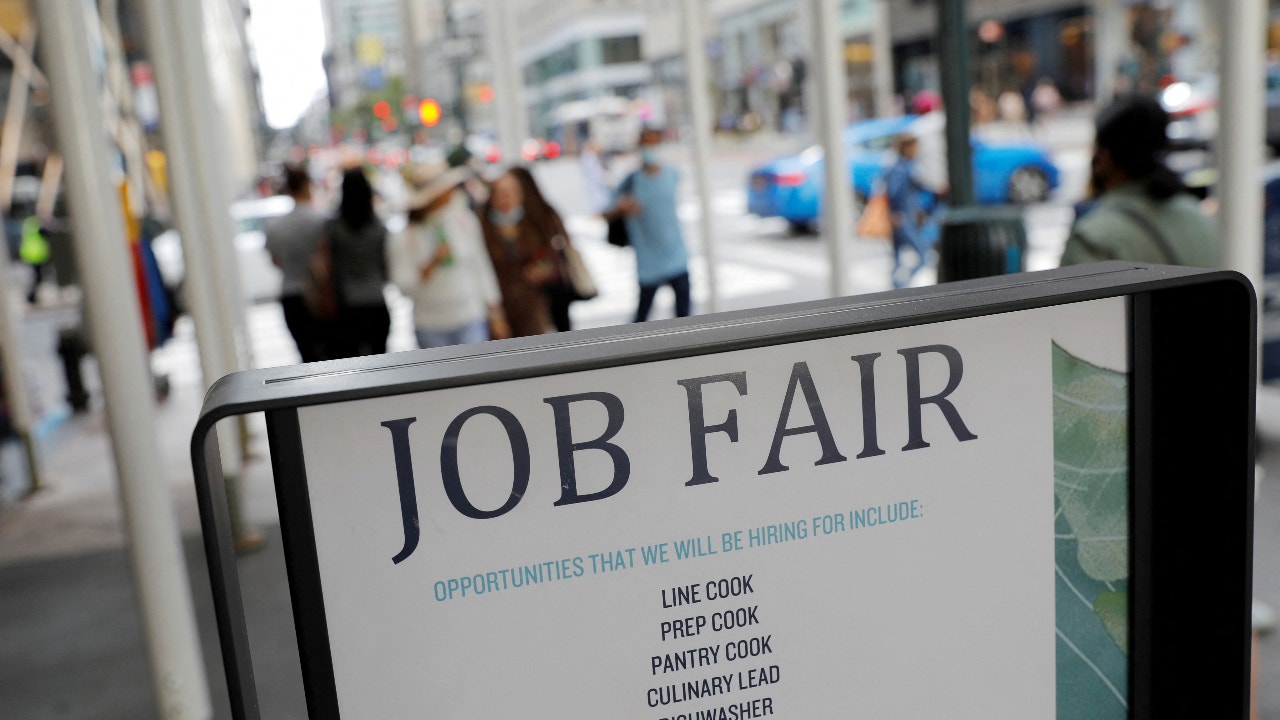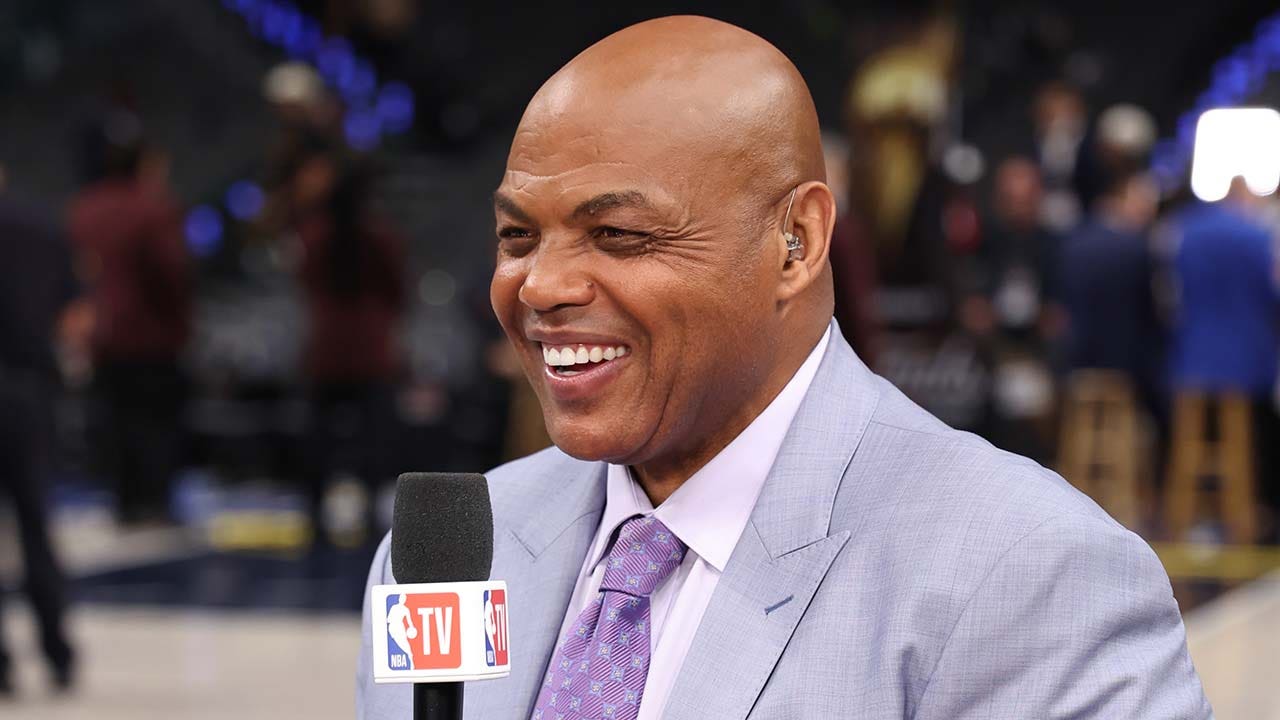Only one in 10 Americans currently feels “very good” about their financial situation, according to new research.
The survey of 2,000 general population Americans asked respondents how they’re feeling about their finances right now — 13% feel “very good” and 28% feel “somewhat good.”
But respondents are trying to be smart about their money: 84% said setting themselves up for financial success in the future is more important than ever in times of economic uncertainty.
Half of Americans surveyed (51%) said the current economic uncertainty has caused them to take steps to improve their financial knowledge.
And 59% have plans to increase their financial understanding. When it comes to these respondents, they plan to track their spending (69%), regularly read financial news (28%), and use a budgeting app (28%).
They’re also planning to listen to financial podcasts (23%) and be more open with their family about their finances to help spark discussions (22%).
The survey dug into respondents’ financial management, revealing that 74% currently manage the bulk of their own finances, but only half have a “lot of” trust in themselves.
Commissioned by Beyond Finance ahead of Financial Practice Week and conducted by Talker Research, this research shows that a lack of financial education in respondents’ younger years has likely impacted their current levels of confidence when it comes to managing their money.
The survey revealed that a fifth of Americans received no financial education from their parents.
This lack of education was even more stark when explored by generation: 35% of baby boomers surveyed said they received no financial education from their parents.
Results showed a positive trend, though, as only a fifth of Gen Z respondents said the same.
Respondents are taking their financial education into their own hands, with 76% saying they’d like to empower themselves to better manage their finances.
This might also be due to how, over the past 12 months, 18% of respondents have felt more disillusioned with financial institutions like banks.
“There’s a growing movement around financial self-empowerment,” said Lou Antonelli, Chief Operating Officer of Beyond Finance. “We’re seeing people move from avoidance to action. It’s not just about fixing your finances — it’s about feeling capable and in control.”
These actions will hopefully help as Americans work toward their financial goals. Respondents said they’re focused on saving money (53%) and decreasing or eliminating debt (32%).
They’re also hoping to not have to worry about bills (27%) in 2025, set up a “rainy day” fund (27%), and improve their credit score (26%).
“When it comes to financial well-being, trust in yourself is the foundation,” said Dr. Erika Rasure, Chief Financial Wellness Advisor at Beyond Finance. “We often think of money management as purely numbers and strategy, but in reality, it’s deeply emotional.
“Building self-trust allows people to move from fear or avoidance into confident, empowered decision-making. Investing in yourself means more than saving or budgeting — it means nurturing the emotional resilience and knowledge that lead to long-term, holistic financial health.”
Interviews are excluded from the final analysis if they failed quality-checking measures.
Survey methodology:
Talker Research surveyed 2,000 Americans, split evenly by generation; the survey was commissioned by Current and administered and conducted online by Talker Research between March 28 and April 2, 2025.












